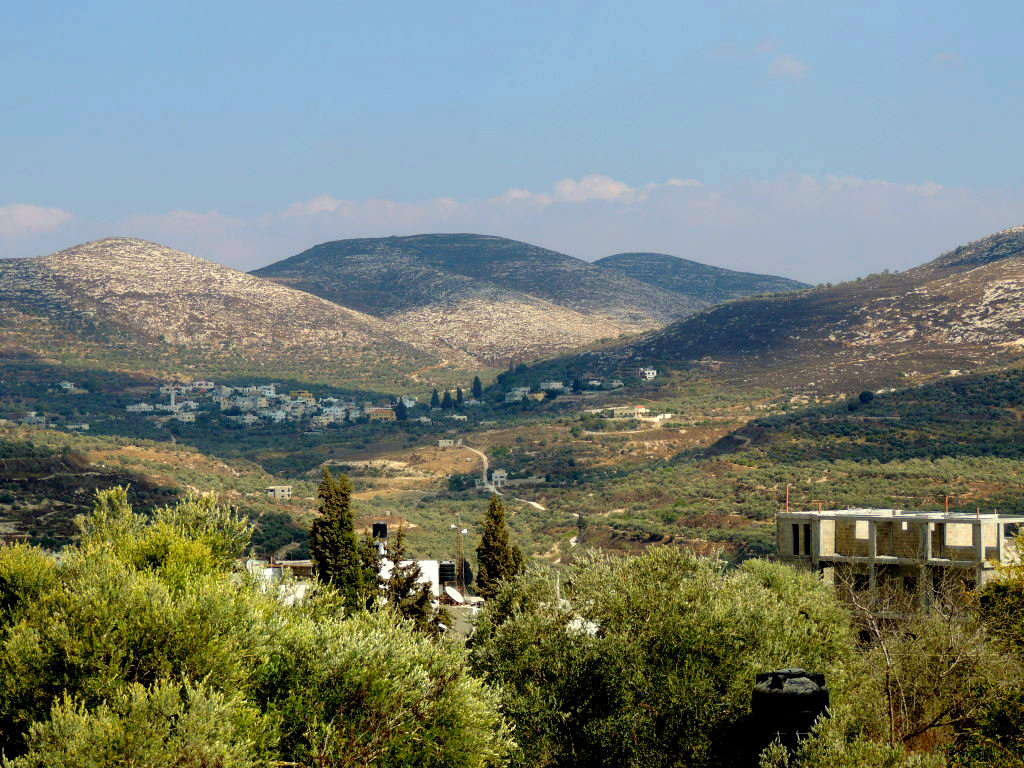 Last September, I had the privilege of traveling through the area of the West Bank that we commonly refer to as Samaria. During my time in that region, I was amazed at the size of the hills and mountains in the region. The picture at right was taken from the ancient city of Samaria looking toward the north.
As I stood there looking at those hills, I considered what it would be like to walk through this area from Jerusalem to Galilee. It would probably be a tiring trip. And, I'd probably get hungry. And thirsty. Then I remembered the story in John 4.
Last September, I had the privilege of traveling through the area of the West Bank that we commonly refer to as Samaria. During my time in that region, I was amazed at the size of the hills and mountains in the region. The picture at right was taken from the ancient city of Samaria looking toward the north.
As I stood there looking at those hills, I considered what it would be like to walk through this area from Jerusalem to Galilee. It would probably be a tiring trip. And, I'd probably get hungry. And thirsty. Then I remembered the story in John 4.
Therefore, when the Lord knew that the Pharisees had heard that Jesus made and baptized more disciples than John (though Jesus Himself did not baptize, but His disciples), He left Judea and departed again to Galilee. But He needed to go through Samaria. So He came to a city of Samaria which is called Sychar, near the plot of ground that Jacob gave to his son Joseph. Now Jacob’s well was there. Jesus therefore, being wearied from His journey, sat thus by the well. It was about the sixth hour. A woman of Samaria came to draw water. Jesus said to her, “Give Me a drink.” For His disciples had gone away into the city to buy food. Then the woman of Samaria said to Him, “How is it that You, being a Jew, ask a drink from me, a Samaritan woman?” For Jews have no dealings with Samaritans. Jesus answered and said to her, “If you knew the gift of God, and who it is who says to you, ‘Give Me a drink,’ you would have asked Him, and He would have given you living water.” The woman said to Him, “Sir, You have nothing to draw with, and the well is deep. Where then do You get that living water? Are You greater than our father Jacob, who gave us the well, and drank from it himself, as well as his sons and his livestock?” Jesus answered and said to her, “Whoever drinks of this water will thirst again, but whoever drinks of the water that I shall give him will never thirst. But the water that I shall give him will become in him a fountain of water springing up into everlasting life.” - John 4:1-14
